Indigenous voice to parliament: Noel Pearson’s caution over welcome to country
Noel Pearson has flagged a pull back in the use of welcomes to country amid a push by the Yes campaign to sway ‘soft No’ voters.
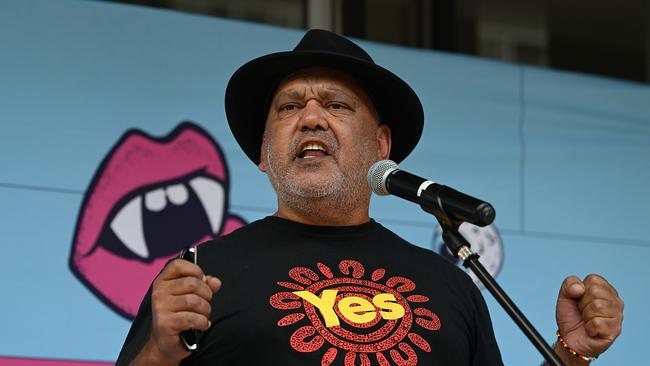
Indigenous leader Noel Pearson has called for Australia to scale back use of welcome to country in the wake of the upcoming referendum, noting that the practice can often be overdone.
The prominent Yes campaigner on Friday said Australia was still learning about when the ceremony should and should not be used, saying there was a need to develop a consensus on the most appropriate practices.
“People often don’t know what to do. We’ve got to adopt a sensible approach to these things,” he said. “When someone opens a meeting, that’s fine. But … every speaker then subsequently does the welcome and it cuts into the meeting, I can tell you.”
Mr Pearson’s comments came amid a concerted effort from the Yes campaign to sway so-called “soft nos”. While he been an at-times aggressive advocate for an Indigenous voice to parliament, he struck a more moderate and conciliatory tone on Friday on Sydney talkback radio 2GB.
The Cape York leader apologised for some of his attacks on No campaign opponents, pitched the voice as a means to tackle spending waste on Indigenous programs, and argued that those intending to vote against the constitutional amendment were “absolutely not” racists.
“This is our most sacred document as Australians, the Constitution, which is why we’re so conservative about changing it,” he said.
“And that is how it should be. We should be very careful in the decisions we make about changing any word in the Constitution.”
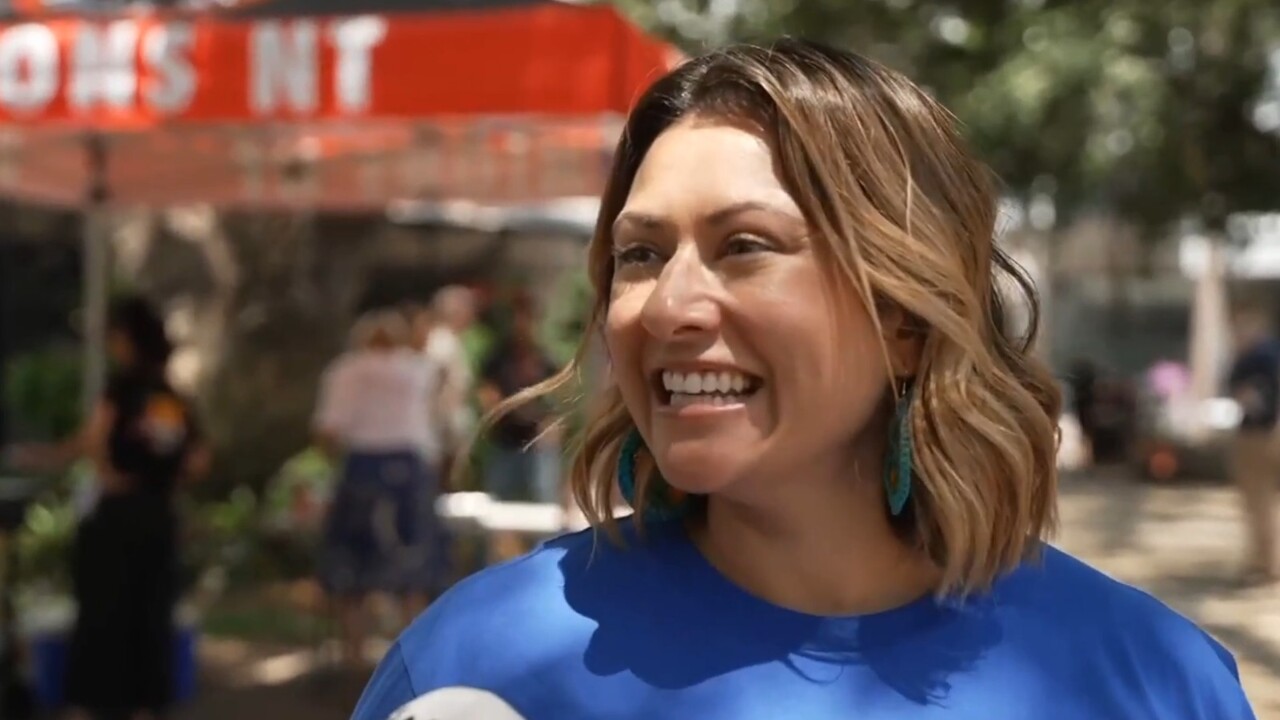
Mr Pearson estimated that less than a quarter of the tens of billions of dollars directed towards Indigenous affairs in Australia was being used productively. He noted that some small communities had three programs all addressing the same single issue.
“In a community in Cape York Peninsula of 1300 people, 400 people come from the outside every day delivering programs and I can’t see what return we’re getting,” he said. “That’s why we’re doing the voice. We want to stop the waste. We want to have more productive outcomes.”
The practices of welcome to country and acknowledgment of country have become part of the voice debate, with Coalition Indigenous affairs spokeswoman Jacinta Nampijinpa Price, a prominent No campaigner, describing it as “wrong and divisive”.
Former prime minister Tony Abbott, also advocating against the referendum, has also said he was “getting a little bit sick” of the practice.
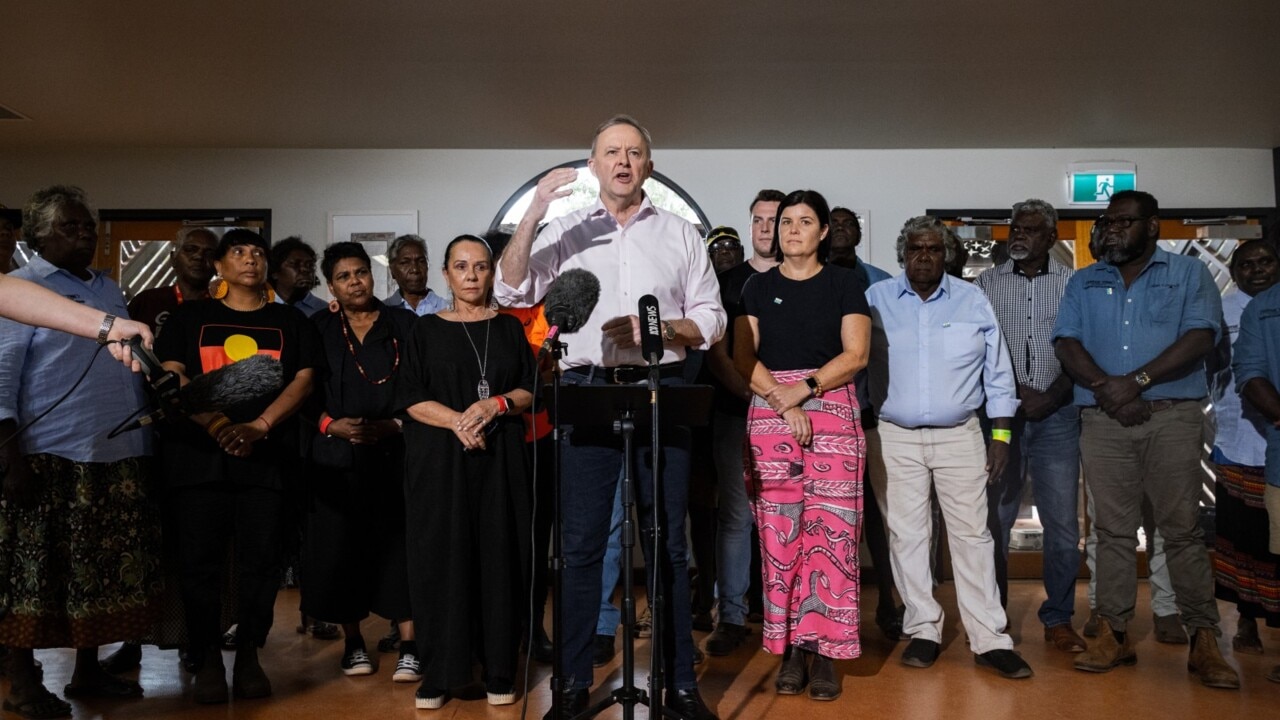
Indigenous academic Marcia Langton, a Yes campaigner and one of the key architects of the voice, has previously said it may be difficult to sustain the welcome to country in the event the No case succeeds.
Last month, WAFarmers president John Hassell vowed to ditch the acknowledgment of country from future events. He said it “reeks of virtue-signalling and, worse, it is demeaning, divisive and a recent phenomenon, which is not steeped in tradition at all”.
“You can’t get on a plane or go to any event without hearing of the local elders past, present or future,” he said. “If you go to a conference, it seems every speaker feels the need to mindlessly repeat the last speaker’s acknowledgments as if we have not already got the message. It is getting tiresome, and I’m calling time on it.”


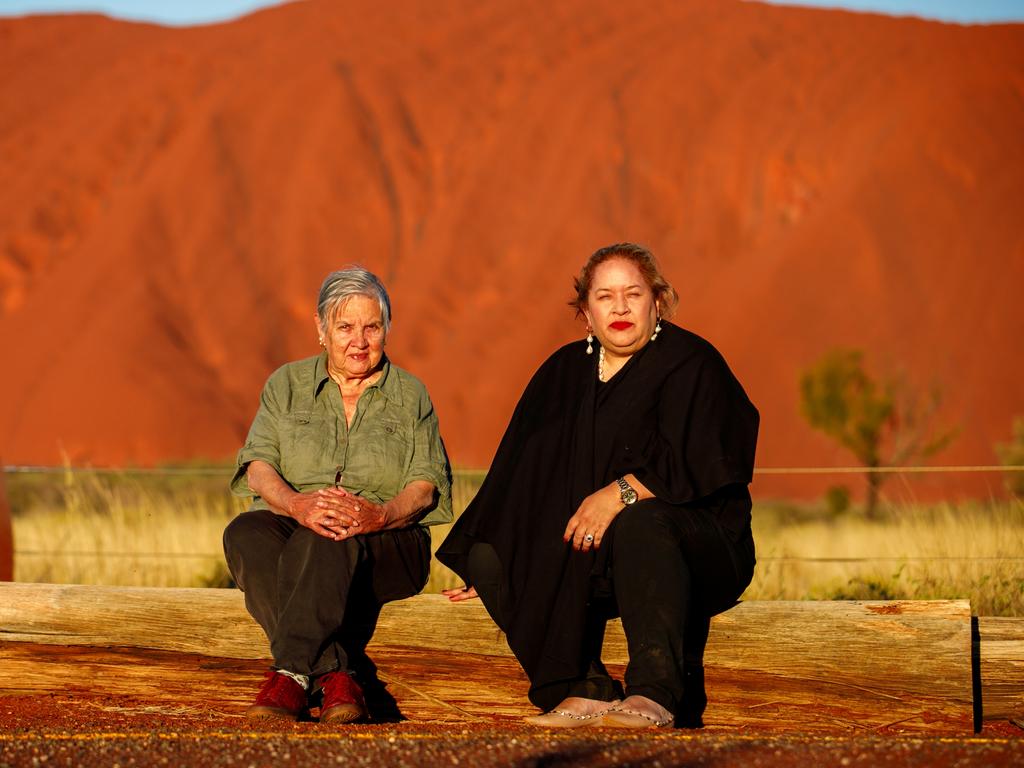
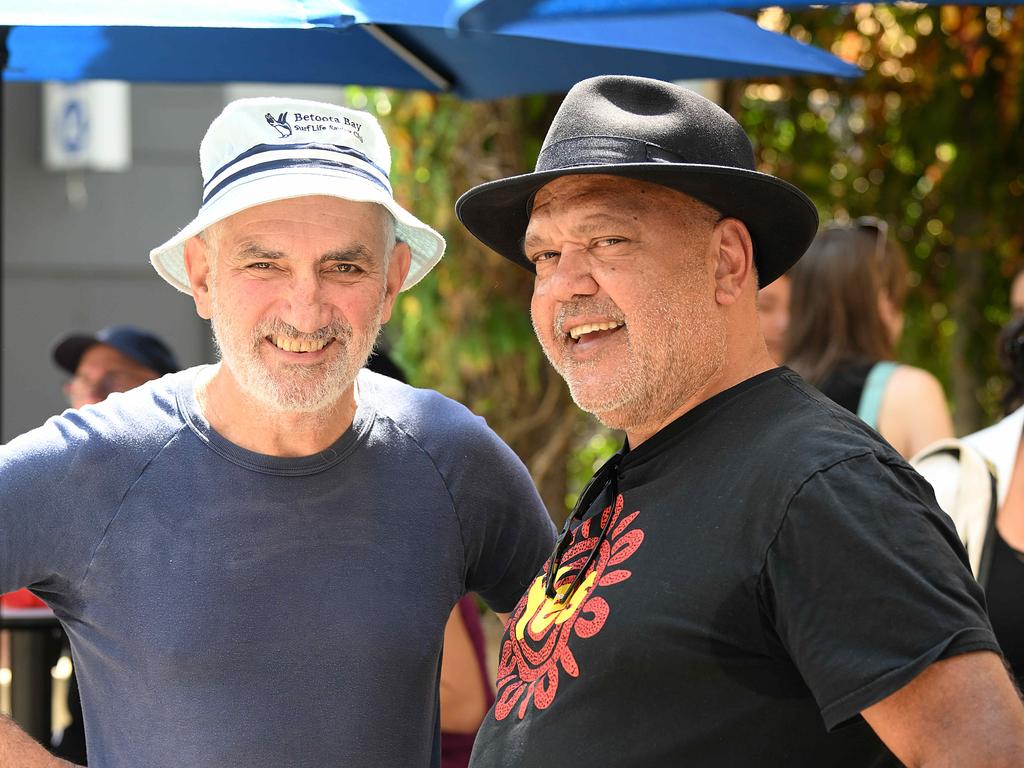
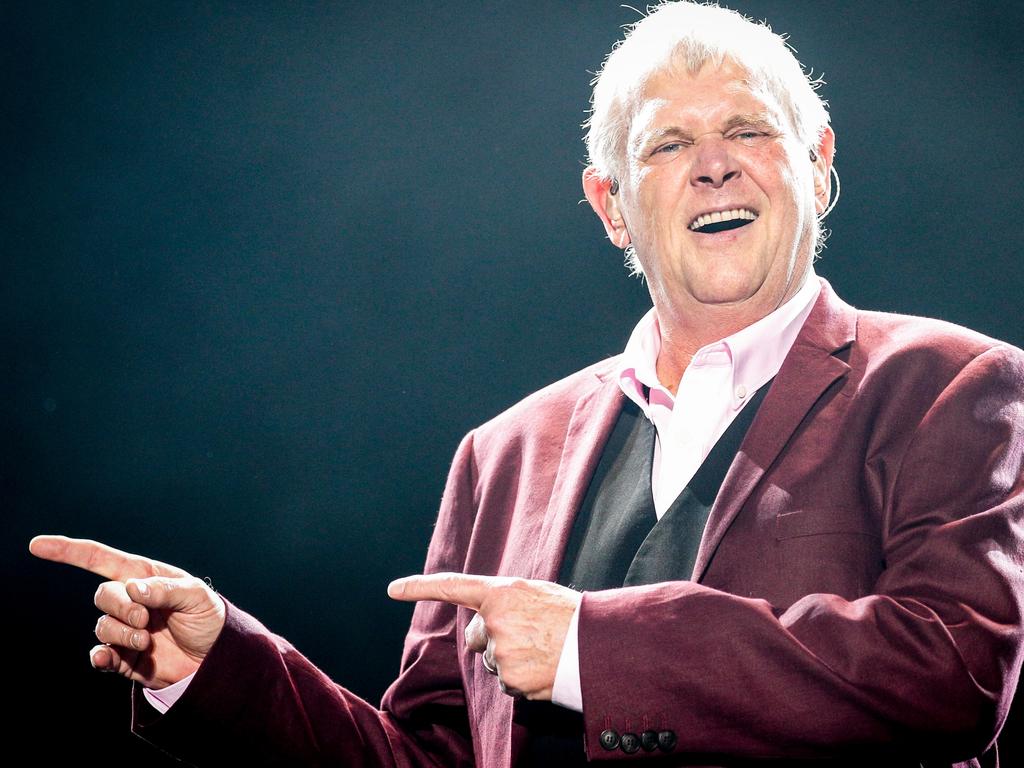
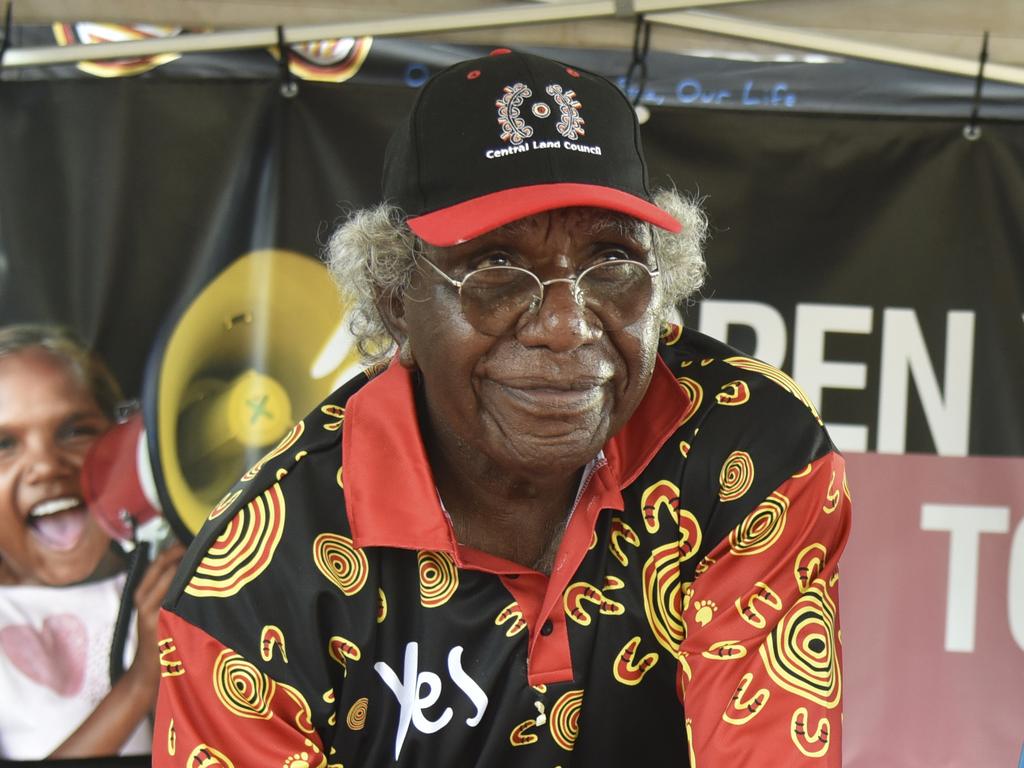
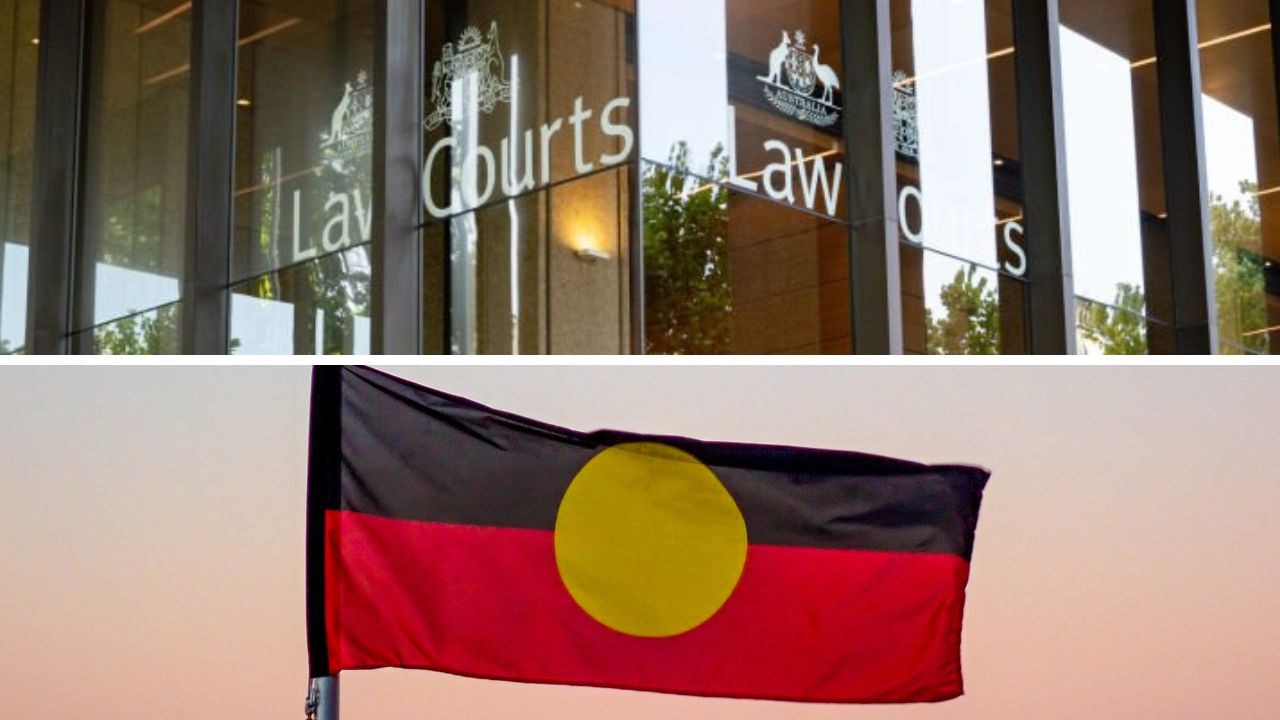
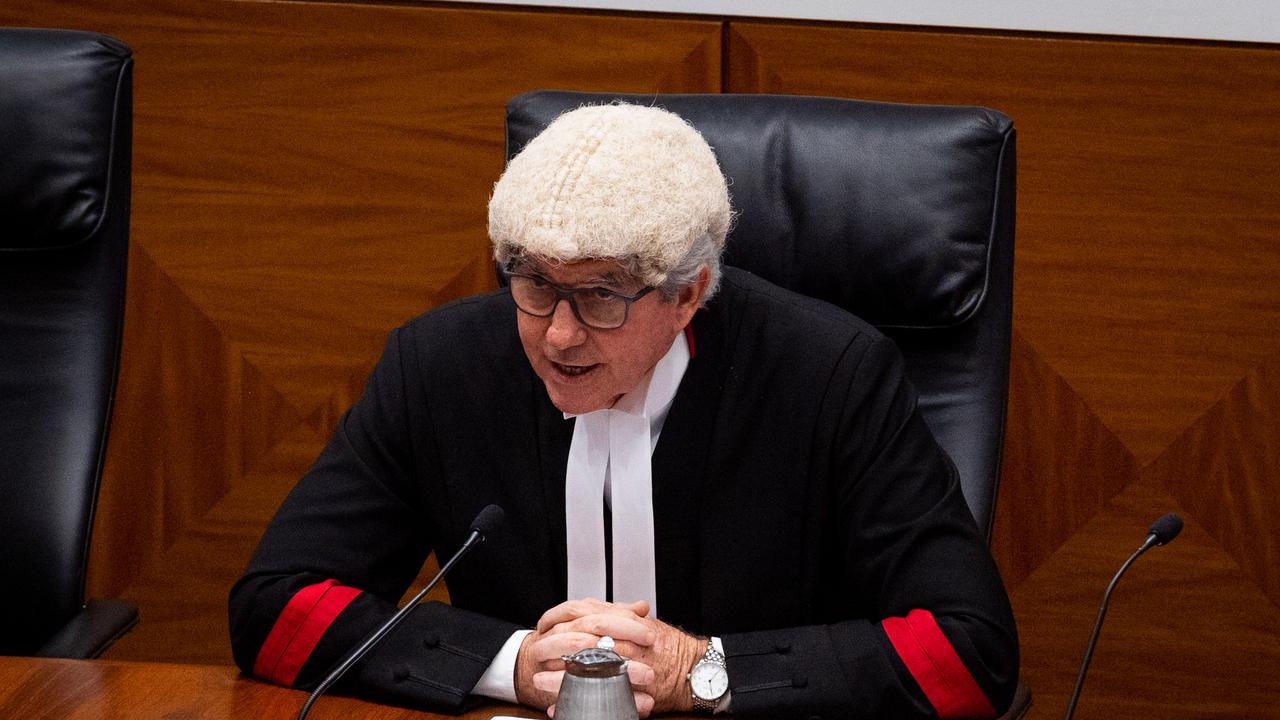
To join the conversation, please log in. Don't have an account? Register
Join the conversation, you are commenting as Logout